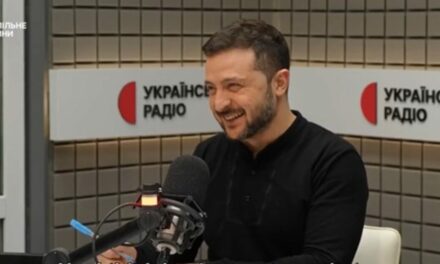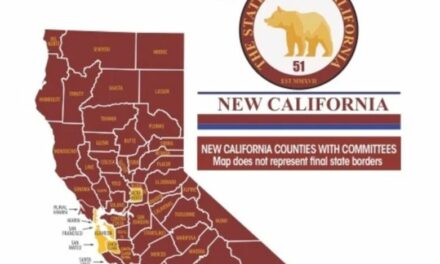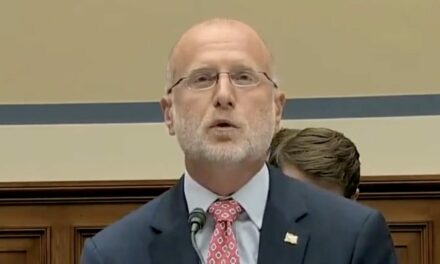We support our Publishers and Content Creators. You can view this story on their website by CLICKING HERE.
The significance of the appointment on the international stage
On November 16, the European political party ‘Patriots’ held its General Assembly to appoint Santiago Abascal as its new president.
Leading ‘Patriots’ represents recognition of Abascal’s political trajectory and that of VOX.
The Patriots party stands as the main opposition to the globalist drift weakening the continent.
Patriots is the third-largest political force in the European Parliament. The party brings together 15 members from 13 countries and represents over 19 million citizens. Besides Spain’s VOX, members of the coalition include Marine Le Pen’s National Rally (France), Prime Minister Viktor Orbán’s Fidesz (Hungary), the ANO 2011 party from the Czech Republic, Lega Nord and Lega Salvini Premier from Italy, Geert Wilders’ Party for Freedom (the Netherlands’ largest party), Austria’s Freedom Party, Vlaams Belang from Flanders, Chega! from Portugal, Foni Logikis from Greece, and Estonia’s Conservative People’s Party.
Santiago Abascal succeeds Belgian MEP Gerolf Annemans from Vlaams Belang as president. Hungarian MEP Kinga Gál from Fidesz also became the group’s vice-president, and French MEP Catherine Griset from National Rally will serve as the party’s treasurer.
In his inaugural speech as leader of the Patriots, Santiago Abascal emphasized the need to «seek alliances beyond Europe, as patriots around the world also face similar threats.»
In addition to Abascal’s appointment, the European party also welcomed three new groups: Ruch Narodowy from Poland, along with Motoristé sobě and Přísaha from the Czech Republic.
During the meeting, the leaders of Patriots reiterated their intention to defend the sovereignty of EU member states against the centralization promoted by the European Commission and the creation of a European superstate.
Recent elections in Europe and other parts of the world send a clear message from voters: they want to protect their traditions, identity, freedom, and above all, their security.
In Europe, political parties, political groups, and the European Parliament
- In Europe, there are political parties on both national and regional levels. European political parties are coalitions of national political groups pursuing common goals and operating at the EU level.
- These European parties, in turn, form political groups in the European Parliament, which mostly align with the same formations.
- The European Parliament consists of 720 seats and is the legislative body of the European Union.
Positions are elected every five years, and the most recent elections were held in June of this year.
There are currently 10 European political parties:
- European People’s Party: 168 seats
- Party of European Socialists: 132 seats
- Patriots: 86 seats
- ECR Party: 52 seats
- Alliance of Liberals and Democrats for Europe Party: 51 seats
- European Green Party: 39 seats
- Europe of Nations and Freedom: 25 seats
- European Left Party: 18 seats
- European Democratic Party: 9 seats
- European Free Alliance: 6 seats
- European Left Party: 6 seats
- European Christian Political Movement: 4 seats
The European Parliament has legislative, supervisory, and budgetary powers. Within this body, there are two stages of operation: the first is the drafting of legislation, and the second is the adoption of legislation in plenary sessions.
This article was originally published by Disenso Foundation.
Translated by Joana Campos.
About The Author

 Conservative
Conservative  Search
Search Trending
Trending Current News
Current News 





